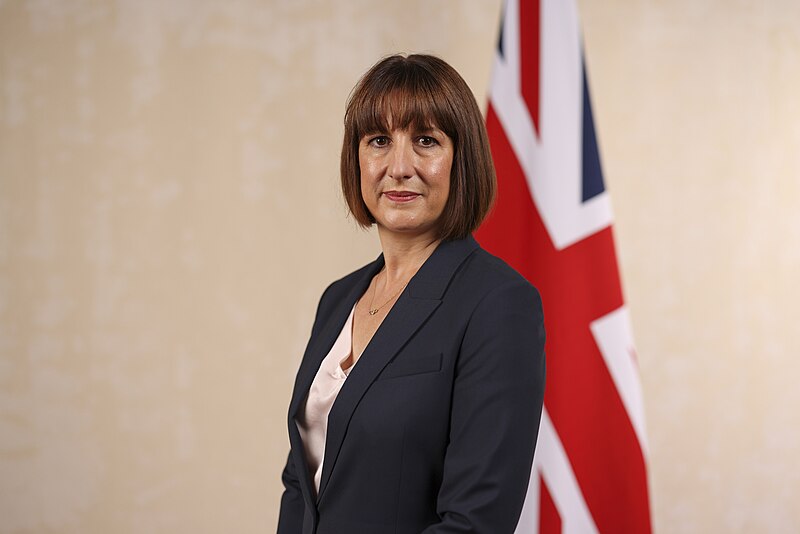
Chancellor Rachel Reeves sought to reassure the financial sector on Wednesday as market volatility continued in response to sweeping new US tariffs.
Speaking at a breakfast meeting with senior City figures, Reeves emphasized the UK’s commitment to lowering trade barriers and securing a deal with the United States. She promoted Britain as a prime destination for investment, highlighting political stability and ongoing reforms to capital markets.
A Treasury spokesperson said Reeves, along with City Minister Emma Reynolds, stressed the Government’s efforts to strengthen the UK’s retail investment culture.
Their reassurances came as US President Donald Trump’s latest tariffs took effect, including a 10% levy on all UK imports, 25% on cars, and additional duties on steel and aluminium. A new 104% tariff on certain Chinese imports also contributed to the global market jitters.
The FTSE 100 dropped again, erasing gains from the previous day, while long-term UK government bond yields spiked to levels not seen since 1998. Investors are now anticipating quicker interest rate cuts from the Bank of England, increasing government borrowing costs.
The Bank warned that global financial stability risks had risen due to the US measures, though it maintained that UK households and businesses remain resilient.
In the midst of economic uncertainty, Reeves reaffirmed that the UK is accelerating trade negotiations worldwide. She’s set to meet Indian Finance Minister Nirmala Sitharaman on Wednesday alongside Trade Secretary Jonathan Reynolds in pursuit of a UK-India trade deal.
Talks with India, ongoing since 2022, have hit sticking points around visas for Indian workers and access for British services, though India is on track to become the world’s third-largest economy.
Meanwhile, Reeves confirmed she will travel to Washington later this month for the IMF spring meetings, where she hopes to negotiate a US-UK economic agreement to help counteract the impact of the new tariffs.
She cited Universal’s plans to build a theme park in Bedfordshire as a sign of strong US-UK ties, calling it evidence of the “enduring relationship between the UK and the United States of America.”
However, some have raised concerns over potential government concessions in a future US deal. Prime Minister Keir Starmer told MPs earlier this week he would protect the NHS and insisted that the UK’s digital tax on tech giants must remain.
Conservative leader Kemi Badenoch warned that any deal must focus on long-term gains rather than short-term fixes.
“What we need is a trade agreement that looks to the future,” she said. “Not one that simply restores the status quo.” Photo by Lauren Hurley / No 10 Downing Street, Wikimedia commons.




































